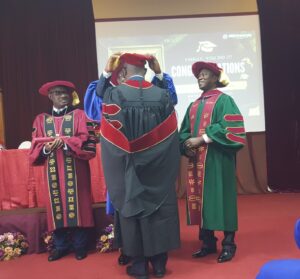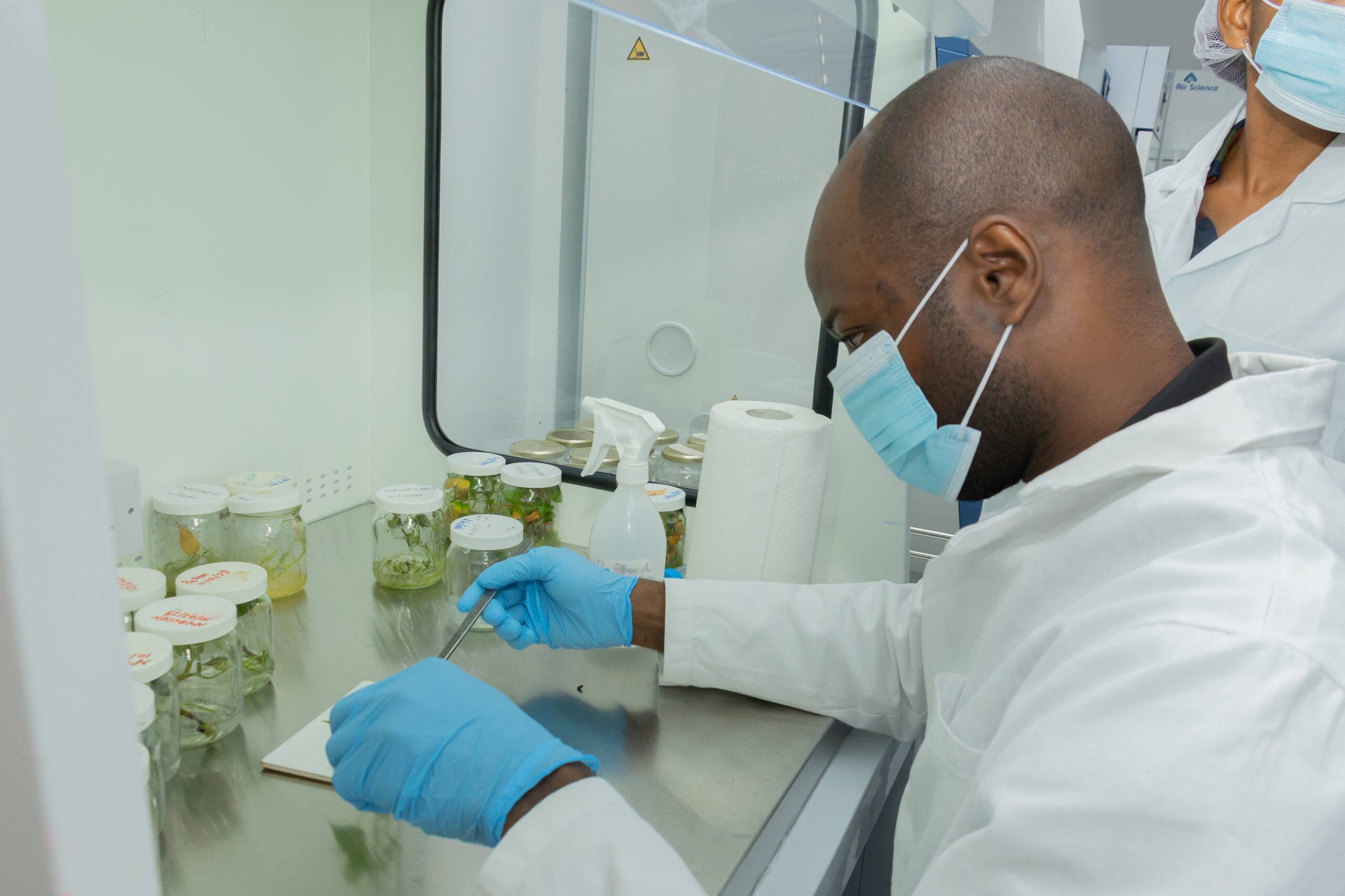
According to Citi Report, the CEO of Mpontu Technologies, Stephane Nwolley, has called on the government to make strategic investments in artificial intelligence (AI) to ensure it becomes a vital part of Ghana’s digital transformation journey.
Speaking during CitiBusiness Festival 2025 on the topic “Africa’s Place in the AI Revolution,” Stephane Nwolley emphasised the enormous opportunities AI presents for transforming sectors such as healthcare, education, agriculture and finance.
However, he warned that Ghana risks falling behind if there is no deliberate investment in AI infrastructure, research, data systems and talent development.
He urged the government to create enabling policies and foster strong public-private partnerships to accelerate AI adoption.
Artificial Intelligence (AI) is no longer a distant frontier of technology it is the very engine of global transformation. From diagnosing diseases faster in hospitals to predicting crop yields in farmlands, AI is rapidly redefining how economies grow and societies function. Yet, while the world accelerates its AI adoption, Ghana finds itself at a critical crossroads: Will we embrace the future or be left watching from the sidelines?
Ghana’s digital transformation cannot succeed without deliberate, structured engagement with AI. Stephane Nwolley rightly points out that countries like the United States, China and the United Arab Emirates are not just talking about AI but they are making bold, billion-dollar commitments. These investments are not simply about acquiring software or hardware; they are about building ecosystems training talent, reforming education systems, fueling research and creating powerful public-private collaborations. Ghana, by contrast, risks falling behind unless we demonstrate similar political will.
To be clear: AI is not a luxury; it is a necessity. In our healthcare sector, AI can help address the chronic shortage of doctors by supporting diagnostics and telemedicine. In education, it can personalize learning and make quality resources available to every corner of the country. In agriculture, AI can optimize irrigation and pest control, helping smallholder farmers increase yields and reduce waste. These are not futuristic dreams—they are real, implementable solutions being used elsewhere in Africa and beyond.
But none of this can happen without action. We need robust AI infrastructure, functional data ecosystems and an educational system that trains the next generation of AI scientists, engineers and ethicists. We need national AI strategies with clear timelines, goals and accountability frameworks.
Just as important, we need inclusive governance around AI. Ethical concerns, data privacy, job displacement – these must be part of the conversation. But without first having a seat at the global AI table, Ghana will have no influence over the rules being written.
This is not the time for complacency or half-measures. It is time for leadership—bold, informed, and forward-thinking. As Nwolley emphasised, we must identify and empower the key players in our tech ecosystem, understand their needs and forge genuine public-private partnerships that put Ghana on the AI map.
If we fail to act, we risk becoming consumers of imported AI technologies shaped by foreign interests—tools that may not reflect our values, protect our data, or serve our priorities. But if we rise to the challenge, Ghana can not only compete but lead in Africa’s AI revolution.
The question now is not whether Ghana can afford to invest in AI. The real question is: Can we afford not to?
The post Editorial: AI Revolution; Ghana Can Compete By Rising To The Challenges appeared first on The Ghanaian Chronicle.
Read Full Story












Facebook
Twitter
Pinterest
Instagram
Google+
YouTube
LinkedIn
RSS